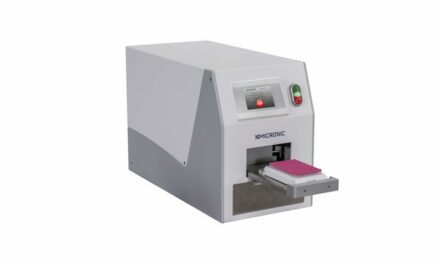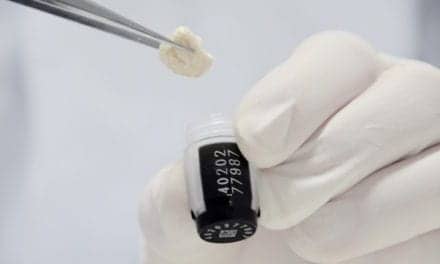FDA has issued a warning letter to Becton Dickinson and Company (BD), Franklin Lakes, NJ, citing several violations of federal law, including marketing significantly modified versions of certain BD Vacutainer blood collection tubes without required FDA clearance or approval and failing to submit medical device reports to FDA within the required timeframe. The violations were discovered through an inspection of BD’s New Jersey facility.
The inspection also showed that the company failed to evaluate and investigate a complaint involving variability in test results observed when certain BD Vacutainer blood collection tubes were used with LeadCare test systems from Magellan Diagnostics, North Billerica, Mass.
FDA conducted its inspection of the BD facility as part of its ongoing investigation into the cause of inaccurate blood lead test results associated with Magellan’s LeadCare test systems.
“Our inspection showed that BD violated the law by making a significant change to certain devices the company manufactures without notifying FDA and failing to follow good manufacturing practice requirements,” says Donald St. Pierre, acting director of the Office of In Vitro Diagnostics and Radiological Health and deputy director for new product evaluation in FDA’s Center for Devices and Radiological Health. “We are continuing to aggressively investigate this issue, including whether the use of BD tubes led to inaccurate lead test results.”
In May 2017, FDA advised the public that Magellan’s LeadCare test could provide inaccurate results when performed on blood samples drawn from a vein, and recommended that laboratories and healthcare professionals retest patients using blood drawn from a finger or heel stick. Prior to FDA’s warning, Magellan informed its customers that such inaccurate results could be related to the composition of the rubber stopper of certain BD blood collection tubes—specifically, tubes with lavender- or tan-colored tops—and advised customers not to use these types of tubes with Magellan’s blood lead tests. FDA could not verify those findings at the time and launched its own investigation into the issue to determine the cause of the inaccurate results, which included an inspection of BD’s Franklin Lakes facility.
At this time, FDA does not have evidence showing that other blood tests are adversely affected when BD blood collection tubes are used, and the tubes remain on the market.
During the inspection, FDA investigators found evidence of numerous violations, including BD’s failure to notify FDA about a significant change that the company made to the rubber stoppers for certain BD Vacutainer blood collection tubes that could significantly affect the safety or effectiveness of the devices. The inspection also revealed evidence that the company failed to comply with the good manufacturing practice requirements of FDA’s quality system regulation. For example, BD was cited for violations of device design validation requirements and for failure to review, evaluate, and investigate complaints adequately.
BD has until February 1, 2018, to notify FDA about specific steps the company has taken to address the violations and to prevent them from recurring. If the company fails to promptly correct the violations, FDA may take additional action, such as seizure, injunction, and civil money penalties.
“Ensuring the safety and quality of our products is our top priority at BD, and we are dedicated to maintaining a robust quality system to fulfill this commitment,” says Richard Byrd, worldwide president of BD preanalytical systems. “We take any potential issue with our products very seriously and are cooperating fully with FDA on this matter.”
According to Byrd, BD took prompt action after the FDA inspection in July, and believed the company fully addressed the agency’s inspectional observations. “We are carefully reviewing the agency’s feedback outlined in yesterday’s letter with the highest sense of urgency, and we will provide a full response to FDA on or before their February 1 deadline,” adds Byrd. “We will continue to demonstrate our commitment to serving the public health as well as meeting FDA’s expectations.”





